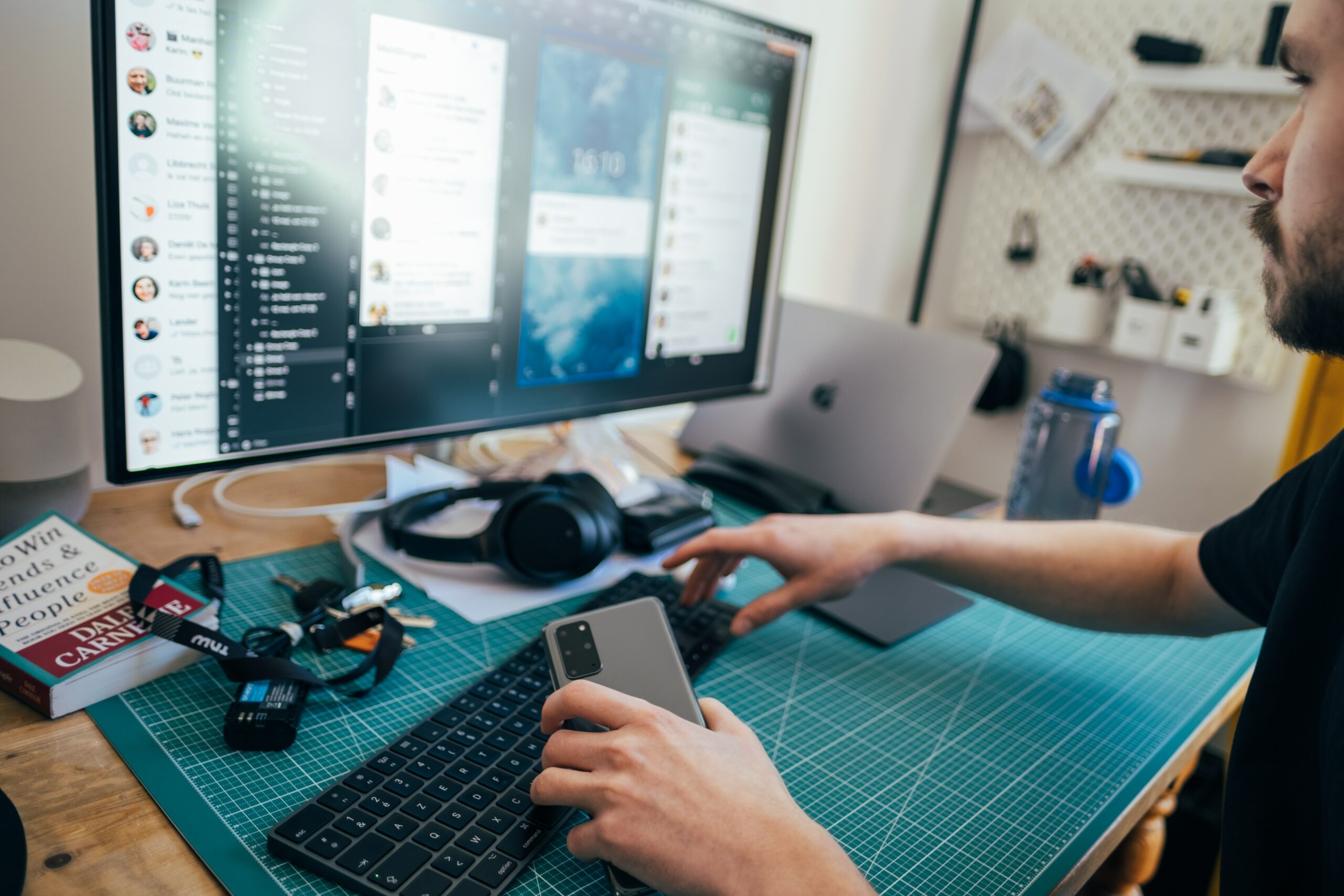A great question was addressed in a recent 4i Thought Forum
What “work practices” are needed to operate successfully in the new world?
It’s a great question because it addresses so many elements of what we don’t know about the world of work right now. Whether it is examining the way we develop workable and practical solutions to return to work post-lockdown or how the expectations of the workplace will change as a result of people being forced to work at home versus the office.
For years those in HR circles have discussed the need for flexible working, homeworking and work life balance. Senior IT managers have examined how to make home working secure and we have slowly been increasing our reliance on digital systems to get work done. Leaders have questioned whether those who work from home can possibly be productive or trusted to deliver outcomes. Employees themselves have wondered what impact being away from the office would have on both their social relationships with co-workers and their ability to pick up on the titbits of office politics and information that are vital to understanding what is REALLY happening beyond the formal noticeboards and presentations from senior management.
And now we know.
We’ve discovered some really positive work practices whilst in lockdown;
- We’ve demonstrated that people can have a better work life balance
- We’ve learnt to respect other people’s work hours, and working around ‘home’ interruption
- We’ve reflected on the necessity of people having to drive through rush hour
- We’ve demonstrated that serious work can be done in shorts and t-shirts
- We’ve improved collaboration and social connection simply by using video and telephone calls instead of banging out an email.
- We’ve demonstrated that jobs we ‘thought’ had to be office based, can be dealt with remotely
We have a chance post lockdown to cast aside the Victorian 9-to-5 work paradigm and be deliberate about designing work practices and work culture that works better for our employees, for business and for the planet. It is important we do not lose our learnings from lockdown work practices, but instead capture from our employees what worked, and what did work. We must consider what work practices from ‘before’ we will proactively discard. Most importantly we must address the fear and uncertainty that people are feeling about what the future of work might look like by actively engaging in dialogue about what work practices are needed by our organisation to operate successfully in the future.













